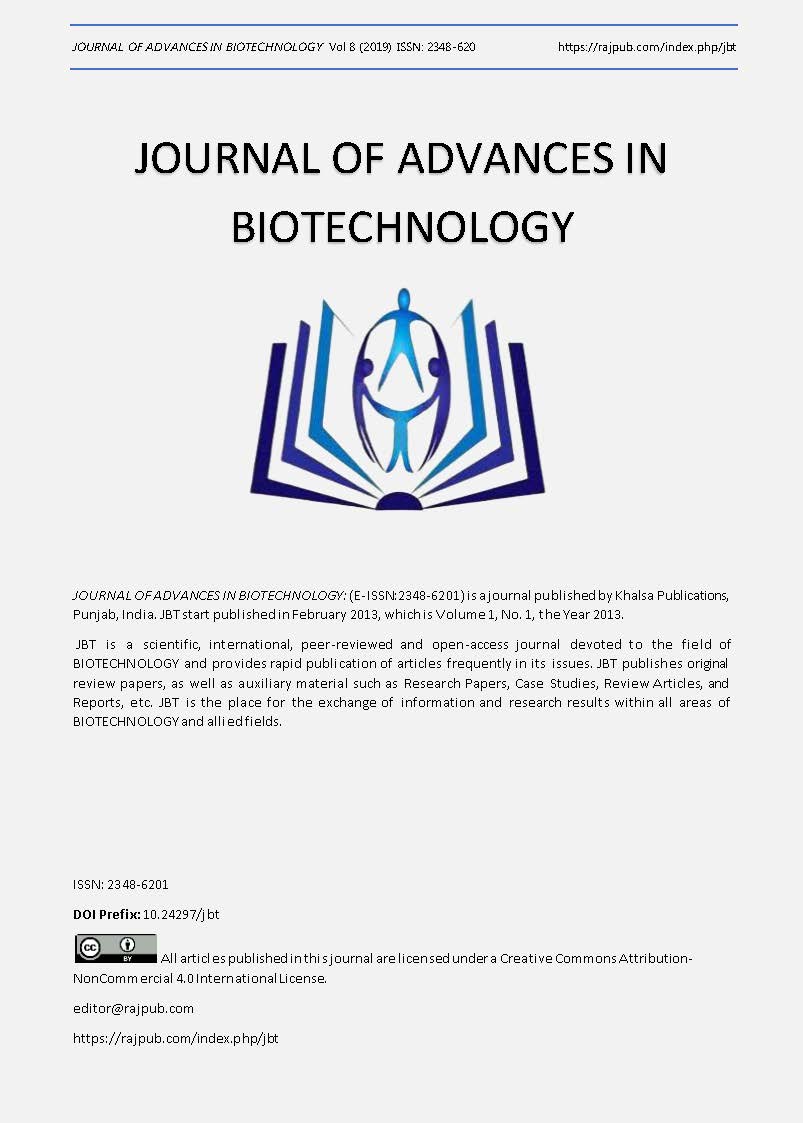Effect of The Ethylene Inhibitor “Agno3”, Vitamin B9 “Folic Acid” And Thiol Compound “GSH” On in Vitro Propagation of Sideritis Syriaca L. Subsp. Syriaca (Hellenic Mountain Tea of The Crete Island)
DOI:
https://doi.org/10.24297/jbt.v8i0.8385Keywords:
Ethylene Inhibitors, Folic Acid, Glutathione, Greek Flora, Micropropagation, Sideritis syriaca, Silver Nitrate, Thiol Compounds, VitaminsAbstract
The aim of this research was to study the effect of the ethylene inhibitor “silver nitrate (AgNO3)” and vitamin B9 "folic acid" in different concentrations combined with cytokinin BA as well as the antioxidant thiol compound “L-glutathione reduced (GSH)” in different concentrations simultaneously with auxins (IBA+NAA) on micropropagation efficiency of the endemic Sideritis syriaca L. subsp. syriaca (Hellenic mountain tea of Crete/ Malotira) using shoot tip explants. The culture medium used was the MS supplemented with 30 g/l sucrose. The simultaneous application 5 ?M AgNO3 + 2.2 ?M BA promoted best the initial shoot induction stage exhibiting 4.5 shoots/ explant and 100% shoot multiplication (5 weeks). Folic acid applied at 0.25 mg/l in combination with 0.5 mg/l BA exhibited the highest shoot multiplication percentage (90%) (4 weeks). GSH at 10 ?M with 10.7 ?M NAA + 4.92 ?M IBA gave the greatest root length (13.68 mm), at 25 ?M caused a 3-fold increase in rooting (90%) and 250 ?M GSH raised by 20% shoot multiplication (80%). An 89% final survival rate of rooted microplants to ex vitro unheated greenhouse conditions was recorded within 8 weeks period during mid-late spring. Thus, the acclimatization and hardening process was successfully completed.
Downloads
Downloads
Published
How to Cite
Issue
Section
License
 All articles published in Journal of Advances in Linguistics are licensed under a Creative Commons Attribution 4.0 International License.
All articles published in Journal of Advances in Linguistics are licensed under a Creative Commons Attribution 4.0 International License.




